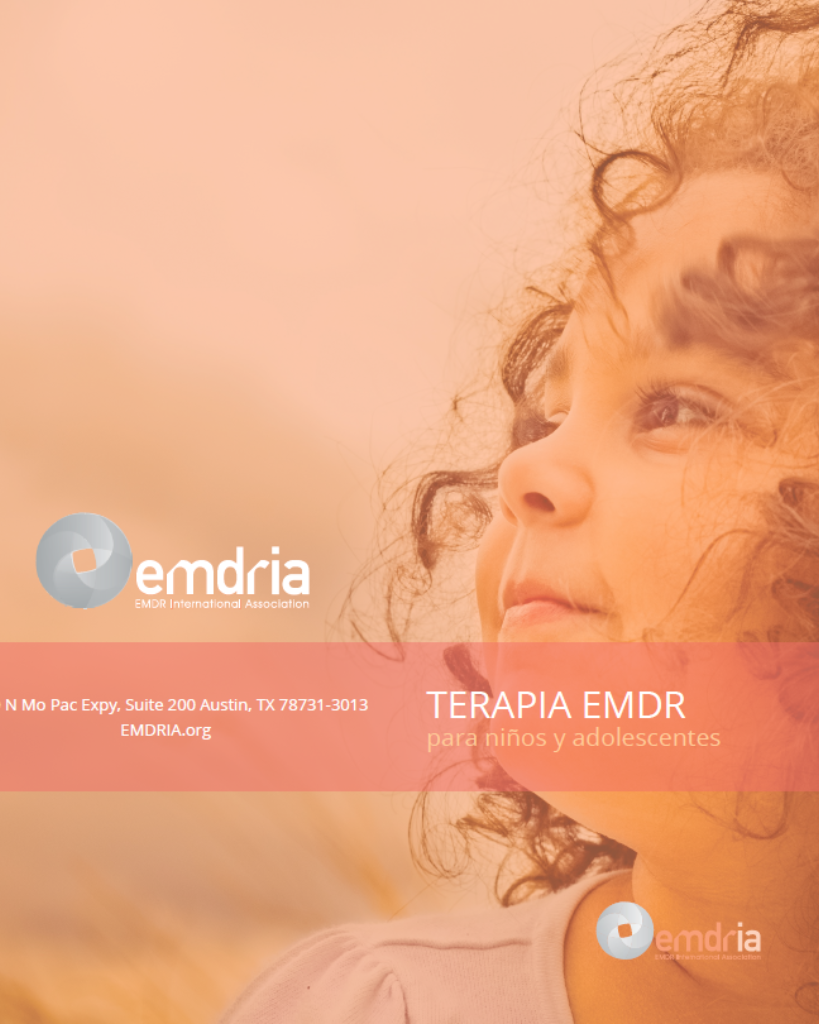EMDR e terapia psicofarmacologica nel trattamento del disturbo da stress post-traumatico
[EMDR and psychopharmacological therapy in the treatment of the post-traumatic stress disorder]
Questo studio si propone di valutare l’efficacia di due diversi trattamenti nella cura del disturbo da stress post-traumatico (PTSD): la terapia psicofarmacologica, attraverso l’utilizzo di serotoninergici, e l’EMDR
Article Abstract
“Obiettivo. Questo studio si propone di valutare l’efficacia di due diversi trattamenti nella cura del disturbo da stress post-traumatico (PTSD): la terapia psicofarmacologica, attraverso l’utilizzo di serotoninergici, e l’EMDR.
Metodo. Sono stati utilizzati due gruppi indipendenti ai quali venivano somministrati due trattamenti differenti: il trattamento con sertralina per il gruppo assegnato alla terapia psicofarmacologica; il trattamento con sedute monosettimanali di EMDR per l’altro gruppo. Per la valutazione dei sintomi del PTSD è stata utilizzata la Clinician-Administered PTSD Scale (CAPS). L’assegnazione dei soggetti ai due gruppi è stata randomizzata.
Risultati. I risultati confermano precedenti studi riportati in letteratura, evidenziando l’efficacia sia dell’EMDR sia della sertralina nel migliorare la sintomatologia post-traumatica e i livelli di sofferenza soggettiva. Tuttavia il numero di soggetti che al termine della condizione sperimentale non rientrava più nei criteri diagnostici del PTSD è risultato nettamente superiore nel gruppo trattato con EMDR.
Conclusioni. Data la differenza nei due gruppi, a favore di quello trattato con EMDR, del numero di soggetti che possono essere considerati responder e che, come tali, non soddisfano più i criteri del PTSD al termine della condizione sperimentale, possiamo affermare che l’ipotesi per cui l’EMDR è un trattamento più efficace rispetto al trattamento psicofarmacologico è stata confermata. Questo dato potrebbe stimolare ricerche future con campioni più numerosi che indaghino anche l’efficacia a lungo termine.”
[“Aim. This study evaluates the efficacy of two different treatment for post-traumatic stress disorder (PTSD): the psychopharmacological therapy, with a SSRI drug, and EMDR.
Method. Two independent groups have been administered two different treatments: the treatment with sertraline to the group for psychopharmacological therapy; the treatment with one-week sessions of EMDR to the other group. For the evaluation of the symptoms of PTSD has been used the Clinician-Administered PTSD Scale (CAPS). The inclusion of the subjects in the two groups has been absolutely random.
Results. The results confirm previous studies available in literature, pointing out the efficacy of EMDR and of sertraline in improving the post-traumatic symptomatology and the levels of subjective sufference. But the number of subjects which at the end of the study didn’t satisfy any more the criteria for PTSD has been absolutely greater in the group treated with EMDR.
Conclusions. The study confirms the hypothesis of EMDR as a more efficacious treatment for PTSD compared to psychopharmacological therapy. This result could be a stimolous for further research with greater groups to investigate also the long term efficacy.”]
—Description from publisher
Article Access
Open Access
Arnone, R., Orrico, A., D’aquino, G., & Di Munzio, W. (2012). EMDR e terapia psicofarmacologica nel trattamento del disturbo da stress post-traumatico. Rivista Di Psichiatria, 47(2), 0. https://doi.org/10.1708/1071.11732
Date
March 1, 2012
Creator(s)
Raffaele Arnone, Ada Orrico, Giuseppe D’aquino
Contributor(s)
Walter Di Munzio
Topics
PTSD
Extent
4 pages
Publisher
Rivista di psichiatria, Il Pensiero Scientifico Editore
APA Citation
Arnone, R., Orrico, A., D’aquino, G., & Di Munzio, W. (2012). EMDR e terapia psicofarmacologica nel trattamento del disturbo da stress post-traumatico. Rivista Di Psichiatria, 47(2), 0. https://doi.org/10.1708/1071.11732
Audience
EMDR Therapists, Other Mental Health Professionals
Language
Italian
Content Type
Article, Peer-Reviewed, RCT
Access Type
External Resource, Open Access





